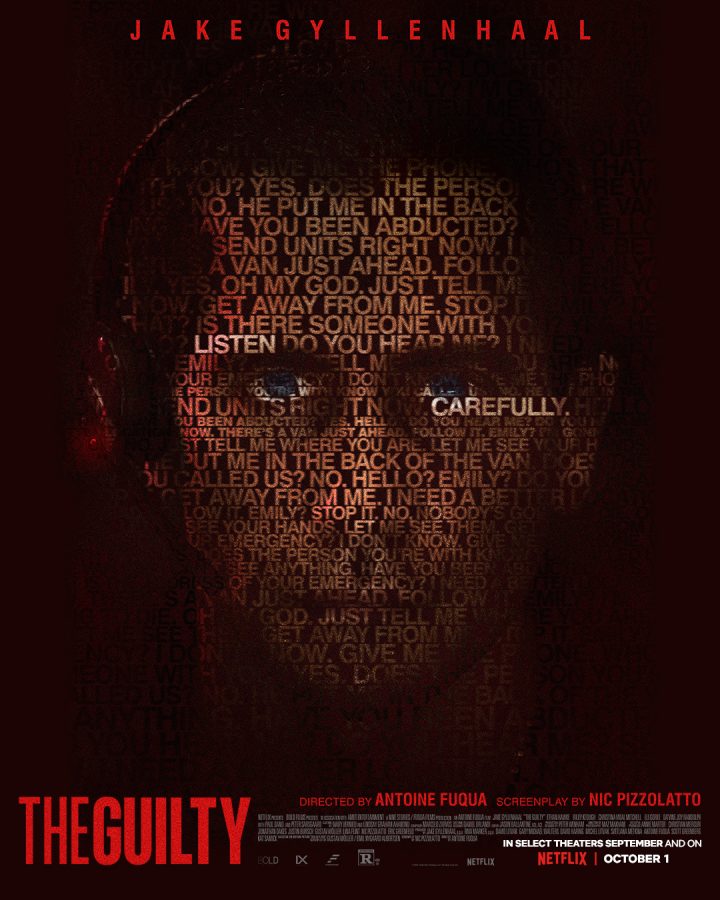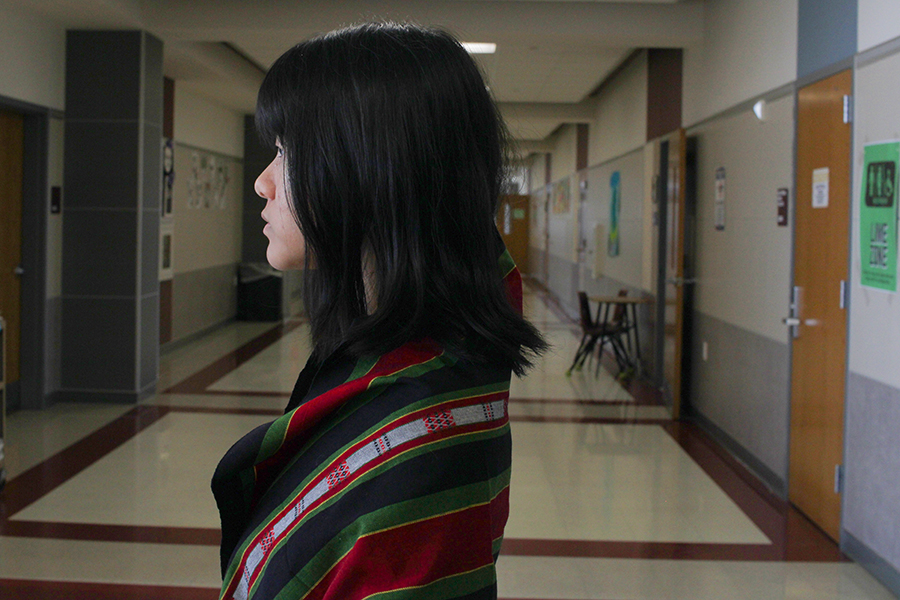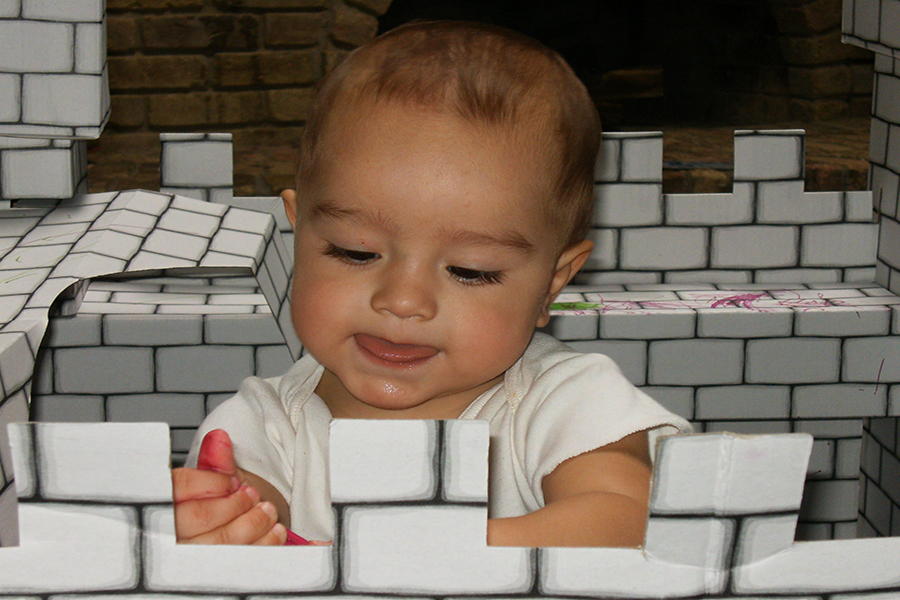American remakes aren’t usually well-received by audiences, as many say they fail to capture the same energy of the original film. In other cases, audiences refuse to view foreign films because of the obvious language barrier. Antoine Fuqua’s “The Guilty” is an American remake of a Danish film of the same name released on Netflix on Friday, Oct. 1. The movie follows Joe Baylor (Jake Gyllenhaal) as a former police detective demoted to a 911 operator getting a distressed caller who drives him to the core.
Unlike a book adaptation, remakes of films really don’t have much to change unless it’s being modernized or a new idea is being introduced, since this is being released three years after the original. Danish film “The Guilty” is a great thriller that doesn’t miss a beat, but that’s completely Americanized in this remake. Many tropes of typical American thrillers are present. It’s as if a checkmark comes along with the movie such as a forced daughter subplot, which was somewhat present in the original, that’s shoved in the viewer’s face in order for the audience to have some sort of connection to Joe.
Much about the script is the same as the predecessor. Every line is mostly beat for beat, with the exception of the line delivery being melodramatic. In the original film, every action is more subtle, and it leaves the audience to think for themselves, unlike in the remake, in which every action is basically spelled out and exaggerated. The endings as well are far different from each other, with the original leaving room for interpretation while the remake completely shows the audience what happens next. The impact isn’t there and it ends up forgettable.
There’s more emphasis on many aspects but the film also waters down those same aspects along the way. There are added sound effects to scenes for intensive purposes such as heartbeats and eerie noises, which make scenes feel like they’re overstaying their welcome. On top of this, there’s a soundtrack added that doesn’t differentiate from any typical thriller, unlike in the original where everything is pure, raw emotions. Slow piano keys played during an intense moment make everything feel cheesy at the end.
In the Danish film, there are rarely any location changes, which is a good way to keep audiences engaged, and there’s also a sort of claustrophobic feel to it. In the remake, there’s a cut to a point-of-view shot of a police car stopping a van which completely cuts the viewer out of the moment. The filmmakers perhaps made this decision because they thought American viewers might get bored of the same location.
Something the film is mostly competent on mostly comes from Jake Gyllenhaal’s performance. He’s masterful when it comes to giving emotions with the use of his facial expressions. The viewer does feel from time to time his anger and desperation, but his character has asthma for some reason in the remake. It didn’t bring much to his character besides maybe making his stress put more on the line.
Rarely there’s no point in remaking an already good foreign film if no sort of original ideas are brought to the table. Hopefully, people will at least be interested enough to check out the original, but this film is a 2/10, failing to have any sort of subtlety. To quote Korean filmmaker, Bong Joon Ho, who famously said: “Once you overcome the one-inch tall barrier of subtitles, you will be introduced to so many more amazing films.”









!["I hope to become fond [of] and understand the new dynamic of a life where I don't really have boundaries set by another person, but rather more of a liberal freedom."](https://farhar.net/wp-content/uploads/2025/05/topten9.jpg)




